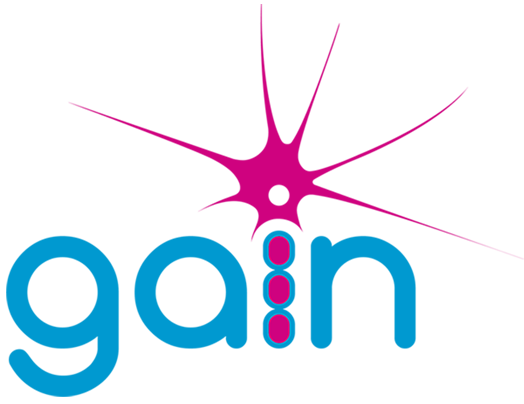International Validation of the Modified Erasmus GBS Outcome Score
Abstract
Background and Objectives The clinical course and outcome of the Guillain-Barré syndrome (GBS) are diverse and vary among regions. The modified Erasmus GBS Outcome Score (mEGOS), developed with data from Dutch patients, is a clinical model that predicts the risk of walking inability in patients with GBS. The study objective was to validate the mEGOS in the International GBS Outcome Study (IGOS) cohort and to improve its performance and region specificity.
Methods We used prospective data from the first 1,500 patients included in IGOS, aged ≥6 years and unable to walk independently. We evaluated whether the mEGOS at entry and week 1 could predict the inability to walk unaided at 4 and 26 weeks in the full cohort and in regional subgroups, using 2 measures for model performance: (1) discrimination: area under the receiver operating characteristic curve (AUC) and (2) calibration: observed vs predicted probability of being unable to walk independently. To improve the model predictions, we recalibrated the model containing the overall mEGOS score, without changing the individual predictive factors. Finally, we assessed the predictive ability of the individual factors.
Results For validation of mEGOS at entry, 809 patients were eligible (Europe/North America [n = 677], Asia [n = 76], other [n = 56]), and 671 for validation of mEGOS at week 1 (Europe/North America [n = 563], Asia [n = 65], other [n = 43]). AUC values were >0.7 in all regional subgroups. In the Europe/North America subgroup, observed outcomes were worse than predicted; in Asia, observed outcomes were better than predicted. Recalibration improved model accuracy and enabled the development of a region-specific version for Europe/North America (mEGOS-Eu/NA). Similar to the original mEGOS, severe limb weakness and higher age were the predominant predictors of poor outcome in the IGOS cohort.
Discussion mEGOS is a validated tool to predict the inability to walk unaided at 4 and 26 weeks in patients with GBS, also in countries outside the Netherlands. We developed a region-specific version of mEGOS for patients from Europe/North America.
Classification of Evidence This study provides Class II evidence that the mEGOS accurately predicts the inability to walk unaided at 4 and 26 weeks in patients with GBS.
Trial Registration Information NCT01582763.



